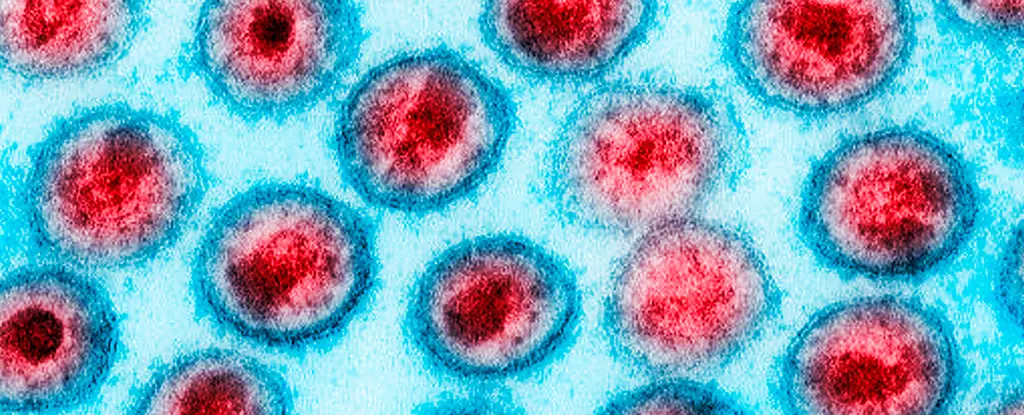A recent randomized controlled trial has provided additional evidence to support claims that circumcision could potentially reduce the risk of HIV infection among men who have sex with men. Led by researchers from Sun Yat-sen University in China, the study involved comparing two randomly-assigned groups of men who voluntarily underwent circumcision over a twelve month period using blood tests.
HIV continues to be a major public health concern worldwide, with hundreds of thousands of lives lost to the virus each year. Although advancements have been made in treatment and prevention efforts, there is still no cure for HIV. Efforts to educate and prevent the spread of the virus remain critical in addressing the global burden of HIV, especially in countries in Africa that continue to bear a disproportionate share of the disease.
Previous studies have shown that male circumcision is associated with lower rates of various sexually transmitted infections, including syphilis and chancroid. Research also suggests that heterosexual men who are circumcised may face a reduced risk of contracting HIV. The recent study enrolled 247 uncircumcised men aged 18 to 49 from eight cities in China, all of whom were HIV-seronegative and reported primarily engaging in insertive anal intercourse with multiple male partners.
Participants in the study were randomly assigned to either the intervention group, where they received immediate circumcision, or the control group, where circumcision was delayed for a year. The findings showed that none of the men who received circumcision at the outset of the study became infected with HIV, while five men in the control group did. The study did not find statistically significant differences in infection rates for other sexually transmitted diseases tested.
While the study provides valuable insights, there are some limitations to consider, including the smaller sample size and lower-than-expected rate of HIV infection. Additionally, the practice of circumcision remains controversial, particularly when performed on minors without their consent. Advocacy for circumcision as a public health intervention, especially in African communities, has faced criticism for potentially perpetuating cultural imperialism and overlooking the complexities of HIV prevalence.
The findings of the study suggest that voluntary medical male circumcision could offer some protection against HIV infection for men who have sex with men. However, the researchers emphasize the importance of comprehensive HIV prevention measures alongside circumcision. While circumcision may play a role in reducing HIV transmission in certain cases, it is crucial to approach public health interventions with sensitivity and consideration for cultural context and individual autonomy.


Leave a Reply